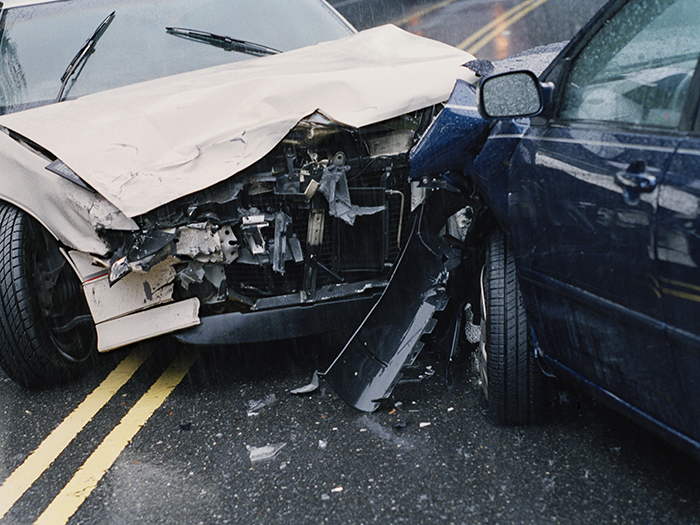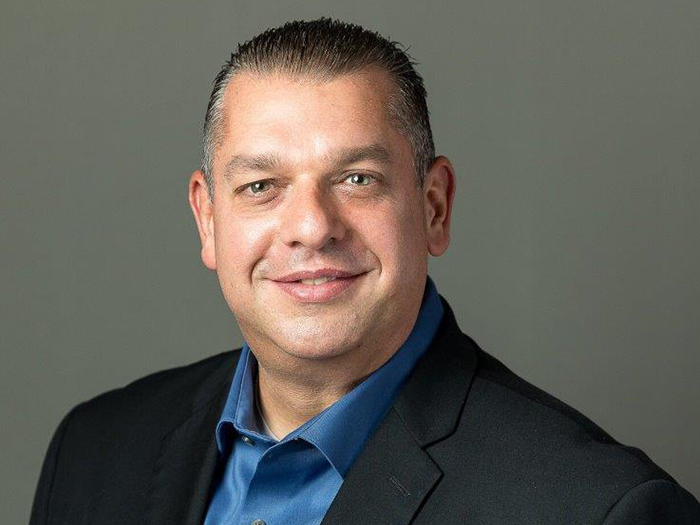Tragic Alaska Van Crash Not Covered Under State’s Workers’ Compensation Act

The Parks family of Alaska recently concluded a six-year legal battle against the Petersburg Borough over a deadly 2016 van accident.
The crash resulted in the death of 18-year-old Molly Parks, an employee of the Borough’s Parks and Recreation department, and 19-year-old Marie Giesbrecht.
Molly Parks and three other workers were en route to a Fourth of July event when the driver, Chris Allen, suffered a seizure, causing the van to crash through a guardrail.
The Parks family initially filed a wrongful death lawsuit against the driver and the Borough.
Later, they included the state in their claim, arguing that a higher guardrail might have prevented the tragedy.
However, the Alaska Supreme Court dismissed the case in a 2-1 vote, ruling that the Borough had followed the Workers’ Compensation Act of Alaska. The judges stated that the Parks family’s allegations against the Borough and Allen did not meet the requirements for an intentional harm claim under Alaskan law.
Despite this, the judges recognized that the accident was likely preventable and noted the harshness of the low compensation available to the Parks family.
Under the Workers’ Compensation Act, the family received a maximum of $10,000, intended to cover Molly’s funeral expenses
Justice Susan Carney dissented from the ruling, citing evidence of Allen’s history of seizures both prior to and during his employment with the Borough. Despite this, Allen’s supervisors allowed him to continue working as a lifeguard and driving the Borough’s van, leading Justice Carney to label the ruling a “clear miscarriage of justice.”
Now, the Parks family is shifting their focus towards advocating for changes in the state’s Workers’ Compensation law, which they believe shields entities from accountability when their actions result in employee injury or death.
Scorecard: Alaska Supreme Court dismissed the lawsuit, but Molly Parks’s family will take the steps toward advocating for legislative change.
Takeaway: Even in tragic circumstances, proving intent can be a crucial hurdle. Justice may not always feel just, but it can be a catalyst for change. &










